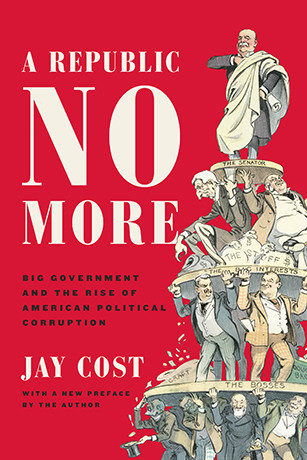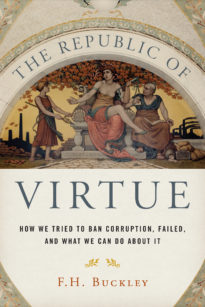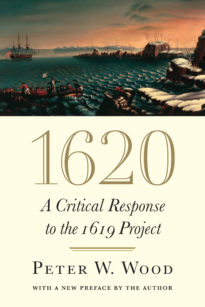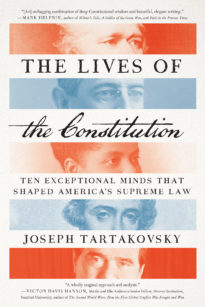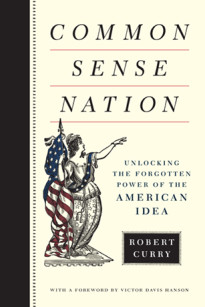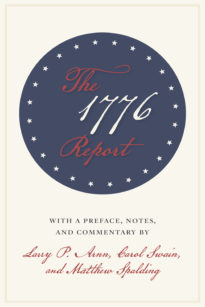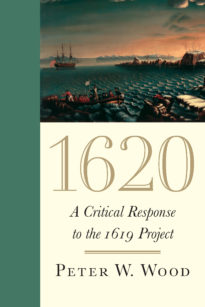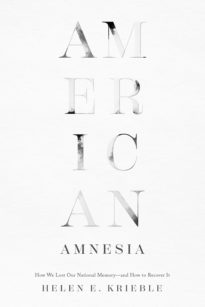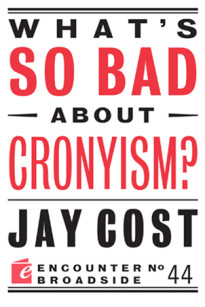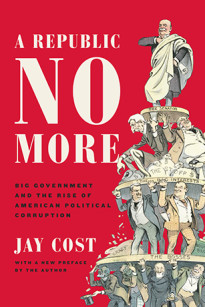Political corruption is incompatible with a republican form of government.
A republic strives above all else to govern for the public interest; corruption, on the other hand, occurs when government agents sacrifice the interests of everybody for the sake of a few. Corruption can take many forms, as we shall see. It can be patronage. It can be intentionally lax regulatory oversight. It can be tax laws written to favor special interests. Corruption can benefit just one person, a small group, a large minority, or maybe even a majority, just as long as those interests are incompatible with those of the public at large. Sometimes it is illegal; more often it is not. The particulars may vary, but the result is always the same: the government puts private interests before public interests. In this book, we shall look at corruption primarily as the maldistribution of federal resources. There are other ways to look at corruption (e.g., in the administration of justice or corruption at the state level), but that shall not be my focus here. Instead, we shall examine how agents of the government—in particular the president and the Congress—distribute scarce resources in ways that run contrary to the public interest. In focusing on this, we shall be getting to the heart of the republican political philosophy articulated by James Madison. We Americans take our government to be a republic, but in point of fact we have never been able to check corruption effectively. On the contrary, it has spread over time. Why has our republican rhetoric not matched civic reality? Answering this question is our purpose in the pages that follow. I shall show that political corruption is a consequence of the growth of that government, specifically growth beyond the original boundaries established by the Framers of the Constitution. As the government expanded beyond its initial purpose, the system of “checks and balances” meant to keep corruption in line began to break down, in some cases even making a bad situation worse. Here, we shall examine corruption from an institutional perspective, rather than an ethical one. In other words, we will not explain corruption as a consequence of too many bad guys and not enough good guys, but rather of structural defects in the constitutional regime itself. While making my argument, we embrace a Madisonian treatment of the subject. To be clear, this is not to imply that James Madison’s take on the Constitution was the only one, or that it was the correct one. Almost as soon as the Constitution was ratified, there grew a wide divide between those who were crucial in its construction and ratification. Madison, for instance, squared off against George Washington and Alexander Hamilton on questions regarding public finance; and this was just a few short years after he had been closely allied with them. All three men were integral in the design of the new government, and for them to disagree as they did suggests that legalistic assertions about the Constitution’s “correct” meaning are often facile. It meant different things to different people – then and now. Therefore, we are not privileging Madison’s view as an empirical matter; we are not saying that Madison understood what the Constitution really said while Hamilton and Washington did not. We are rather asserting that his larger theory about republican government, and how he applied it to the Constitution, were insightful, and that we would be wise to heed his counsel. Heavily influenced by Calvinist theology, James Madison broke with classical political theorists to argue that civic virtue could not explain why republican governments flourish or perish. Indeed, his lack of faith in public morality is one reason he dedicated so much time to developing sturdy governmental structures; he believed that they were the only sure guards against corruption that a true republic could ever enjoy.
